DENR: Fish Die Off Likely Caused By Parasite
The Department of Environment and Natural Resources [DENR] today released preliminary findings on the cause of the major fish die-off event that has been occurring around the Island this month, saying that the “cause of death appeared to be the same gill parasite that was identified in the last major fish die-off – Brooklynella.”
“This unusual event has been affecting large numbers of fishes from a wide range of reef fish species, including the ecologically important parrot fishes. However, according to DENR, there have been no confirmed reports of offshore fishes such as wahoo or tuna being affected,” the Department said.
Slideshow of dead fish washed up on an east end beach last weekend:
.
“Thanks to the help of several individuals, the Department was able to obtain a few samples of dying and freshly dead fish.
“A Department spokesperson indicated that, based on their examination of these specimens, the cause of death appeared to be the same gill parasite that was identified in the last major fish die-off – Brooklynella.”
“A small clip of the gills was taken from each fresh fish specimen obtained and examined under the microscope.
“In each case, this revealed that the gills were heavily infested with mobile, single-celled parasites that resemble Brooklynella, a species that was linked to the fish die-off event in 2009.
The Dept provided this image of the parasites, noting they had stain applied to make them more visible
“Department scientists think that this was likely the cause of death. Other organs from these specimens did not show any obvious signs of pathogenic effects.”
“In large numbers, Brooklynella parasites can cause serious damage to the gills of a fish, which makes it more difficult for the fish to acquire oxygen from the water.
“This generally leads to the fairly rapid death of the fish. As with many micro-organisms, the life cycle of this parasite is accelerated in warmer temperatures. This is compounded by the fact that fish are often stressed when the water is warmer anyway.
The Dept provided this video of the parasites, noting they had stain applied to make them more visible
“Climate data from the Bermuda Weather Service show that the average sea surface temperature during August was 29.9°C [85.8°F], and the average sea surface temperature for this month to date is 29.2°C [84.6°F]. These temperatures are 1.6°C [2.8°F] and 1.8°C [3.3°F] above normal for August and September respectively.
“Seawater temperatures now appear to be dropping in the wake of recent storm activity and it is anticipated that, with cooler water temperatures, fish deaths will decrease,” the Department added.
Read More About
Category: All, Environment, News

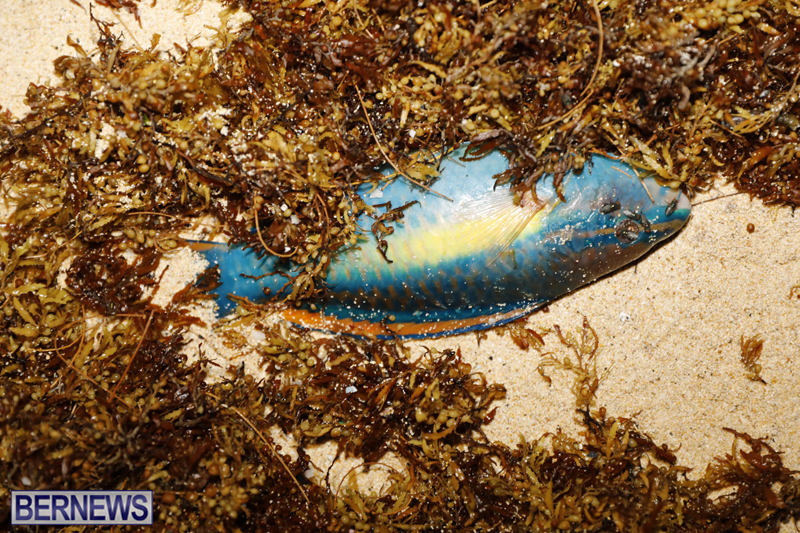
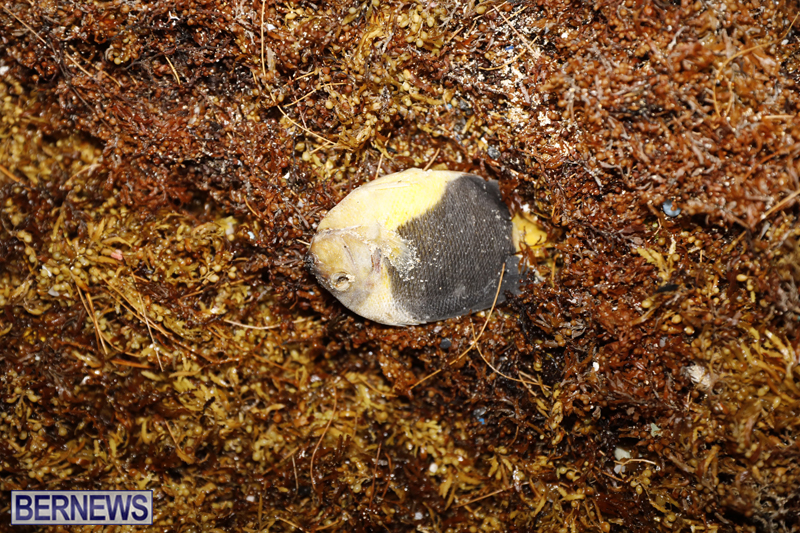
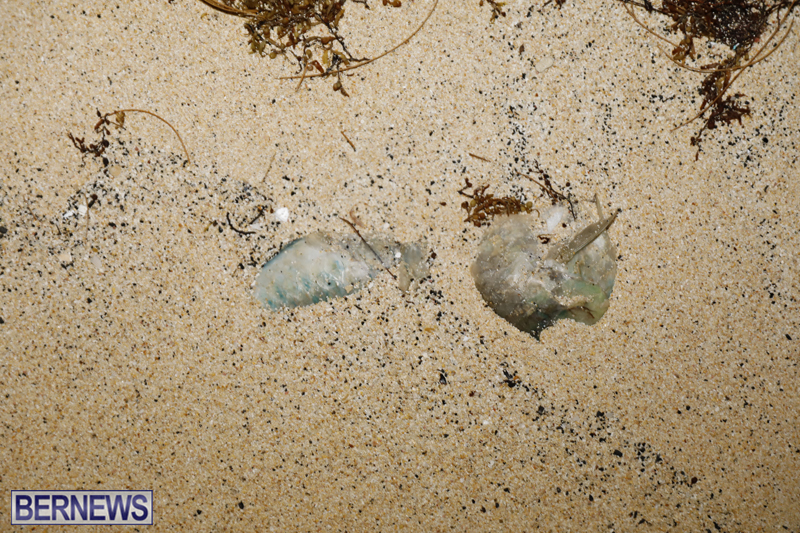
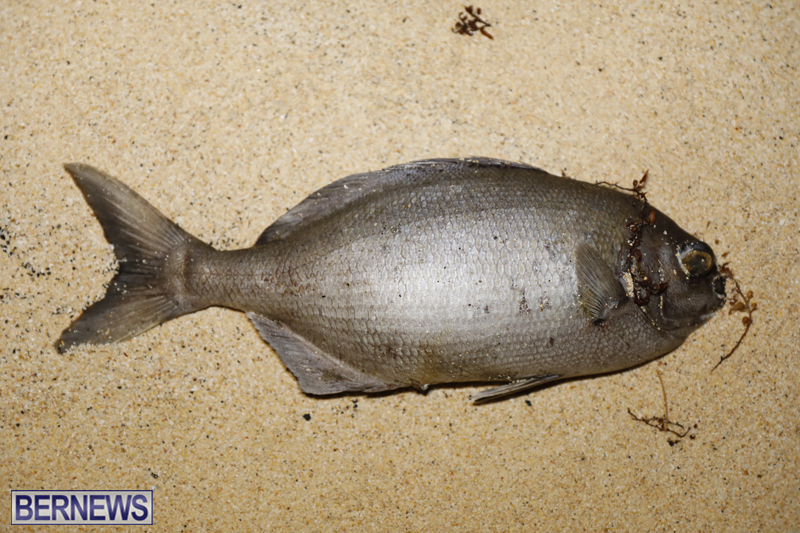
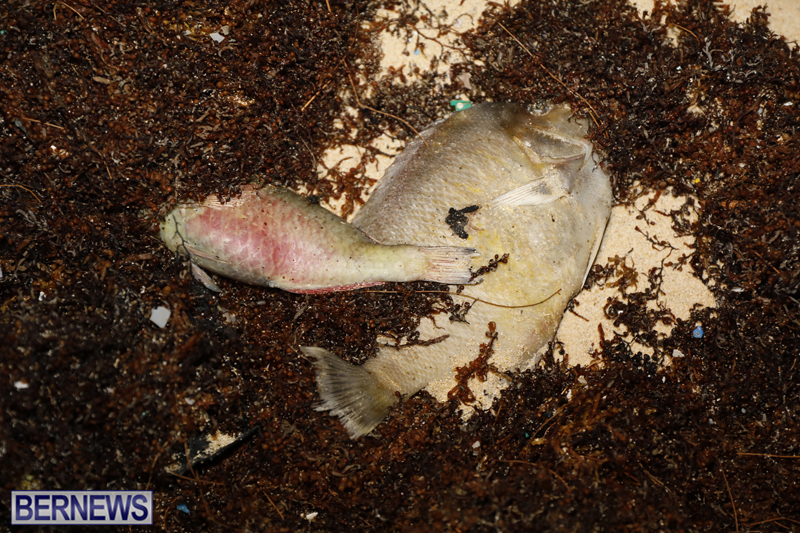
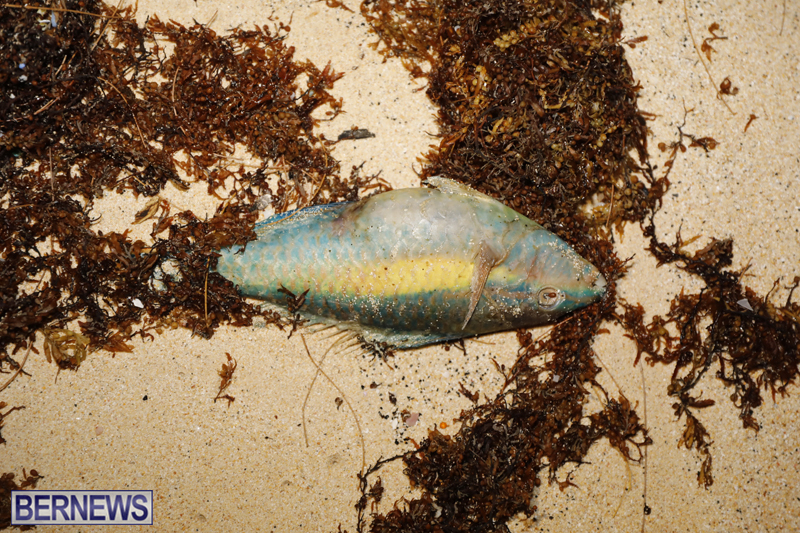
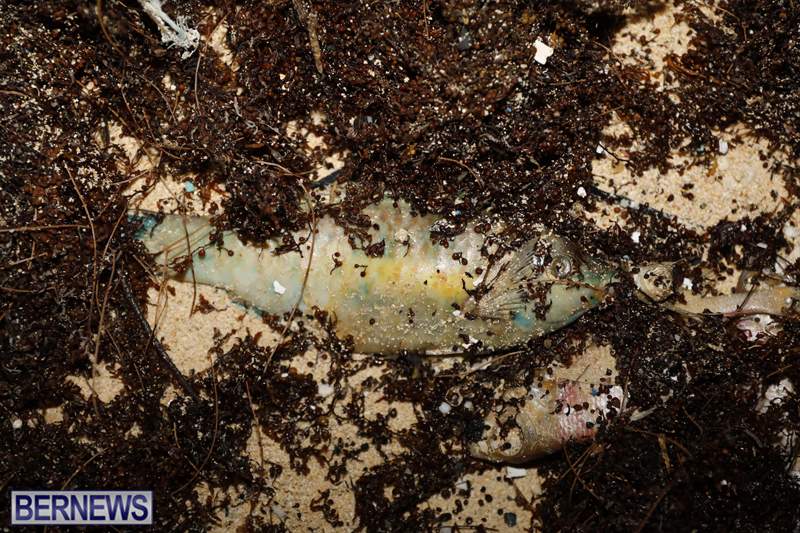
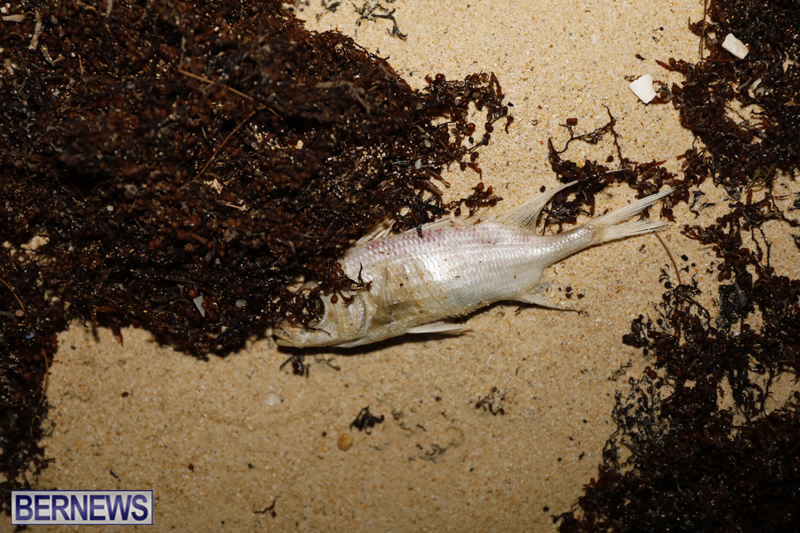
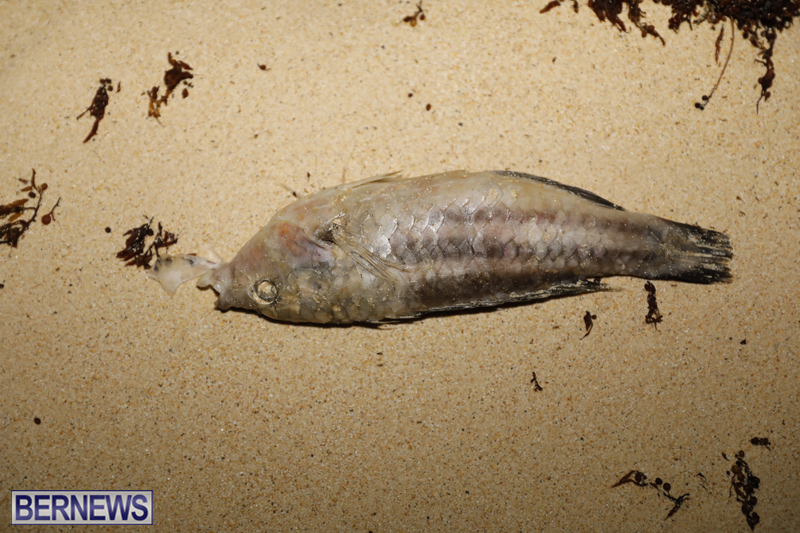
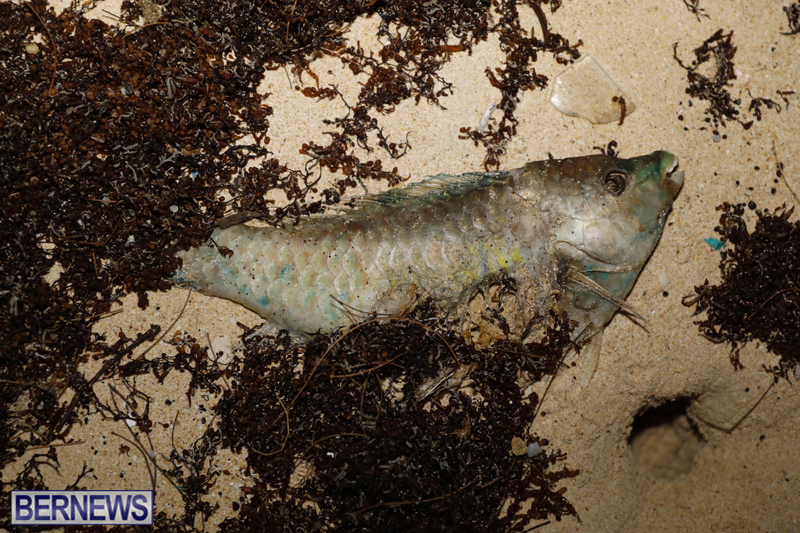
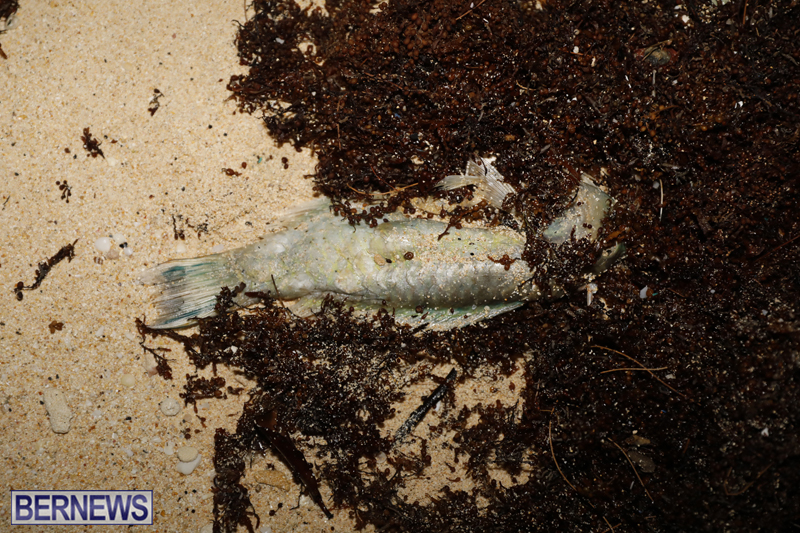
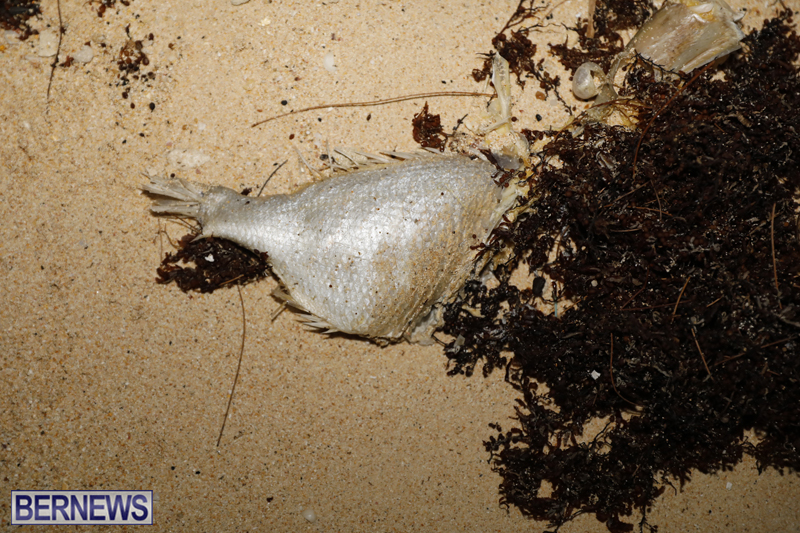
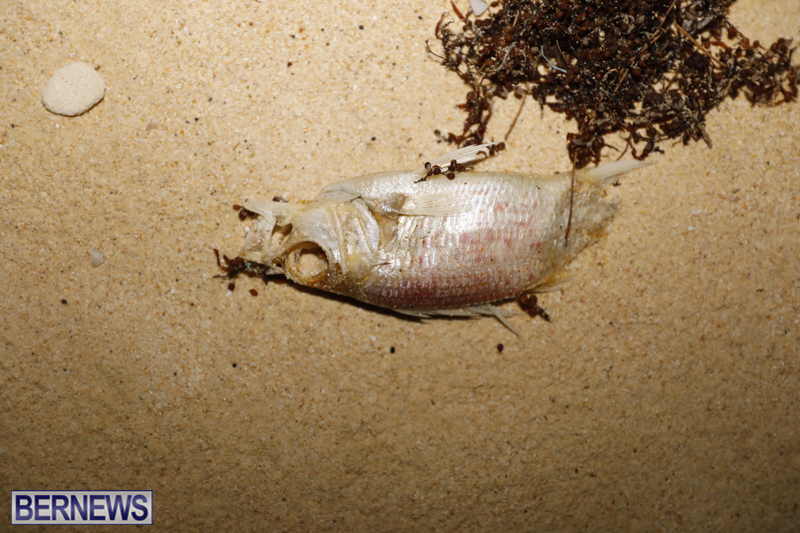
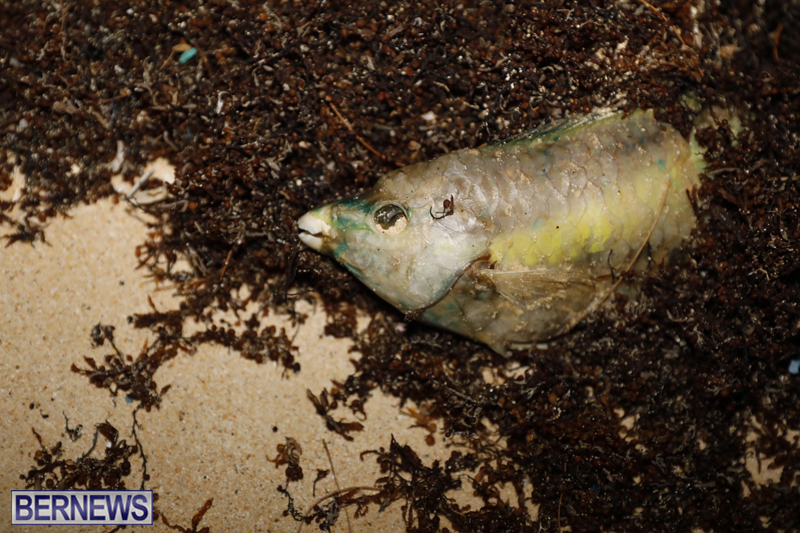
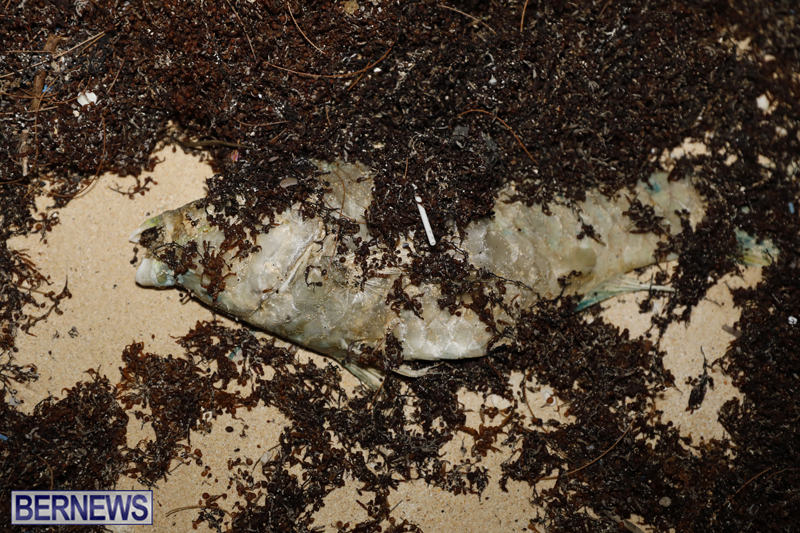
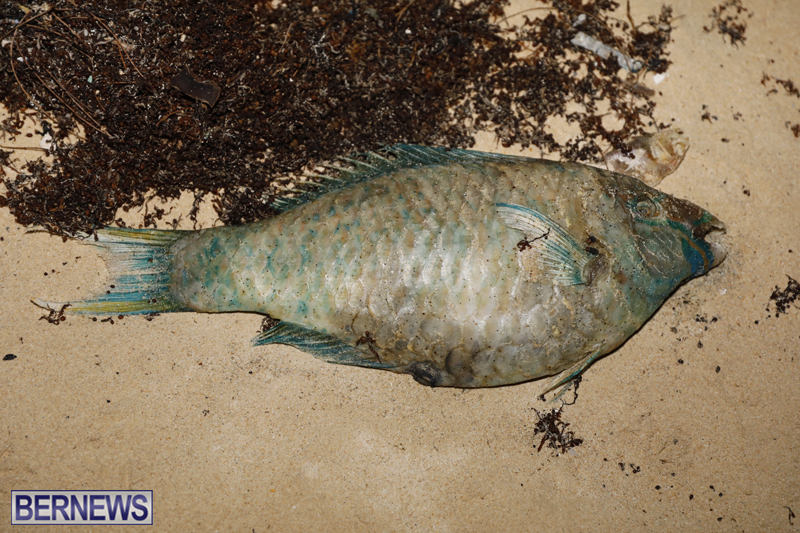
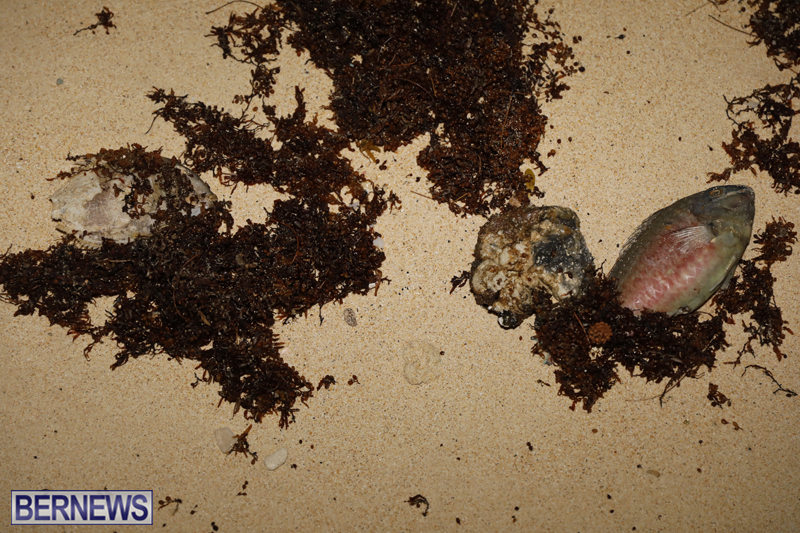
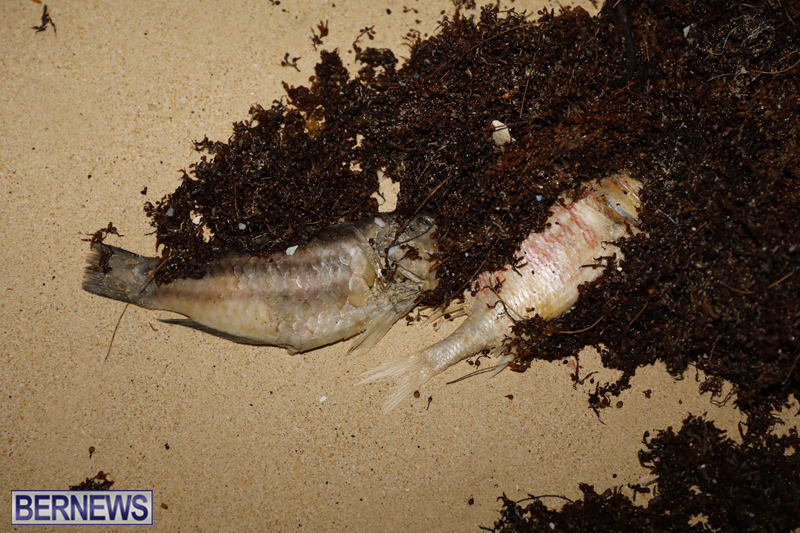
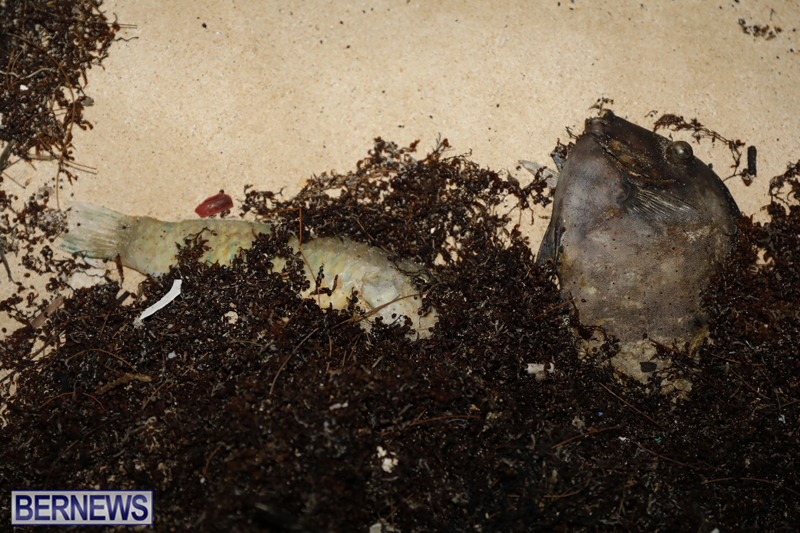
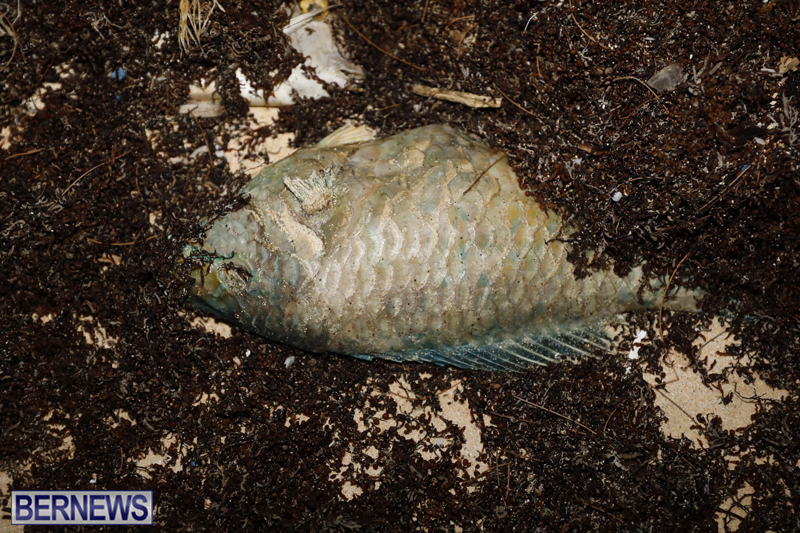
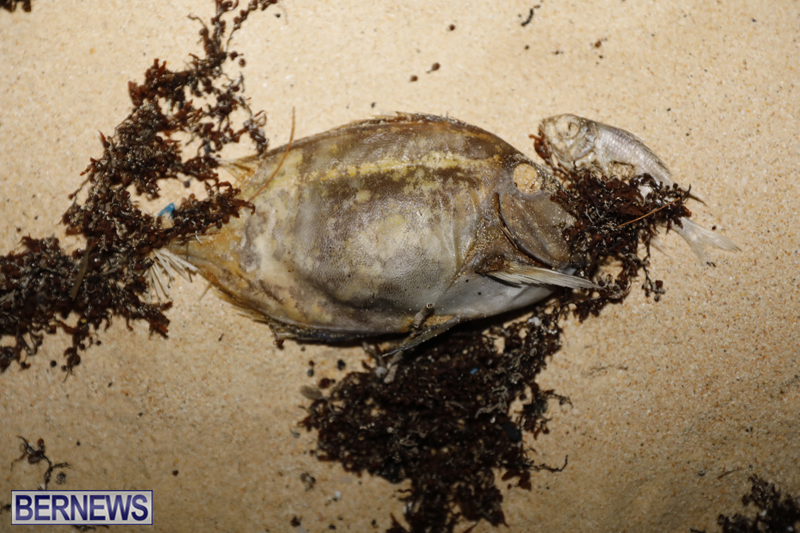
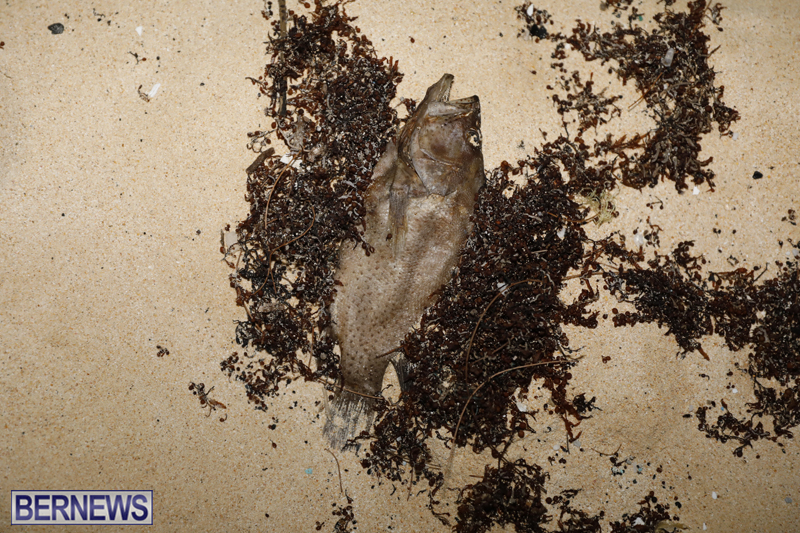
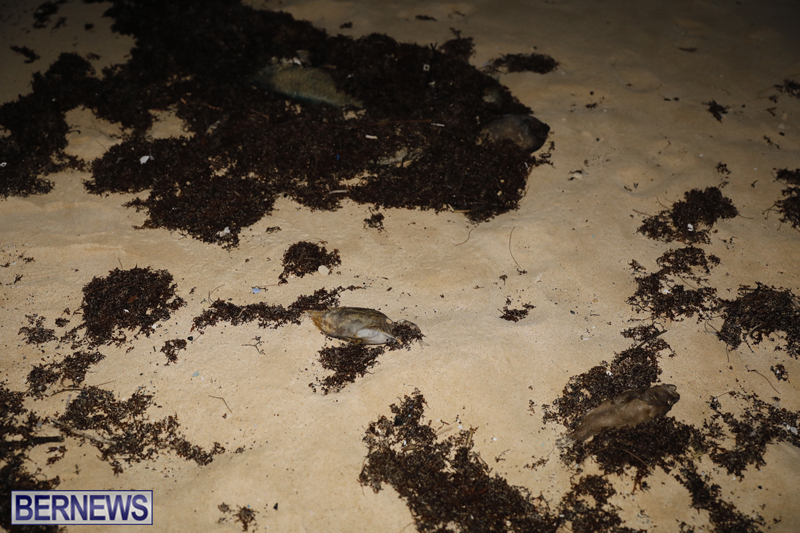
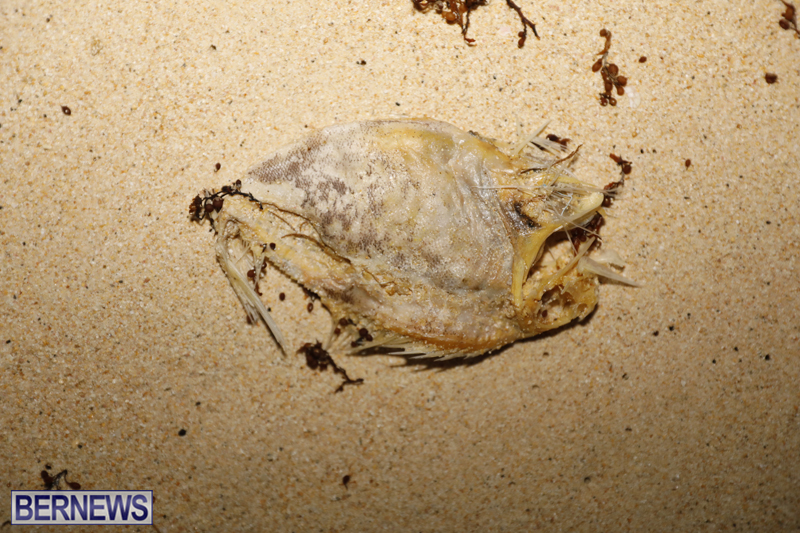
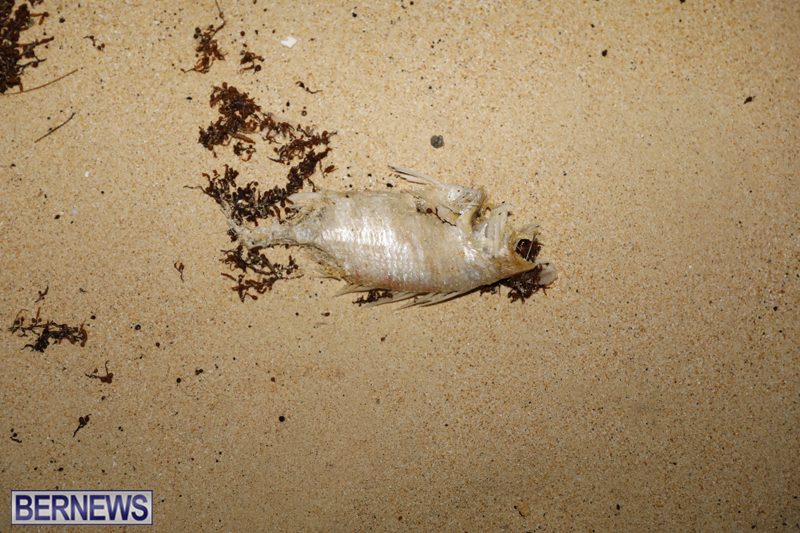
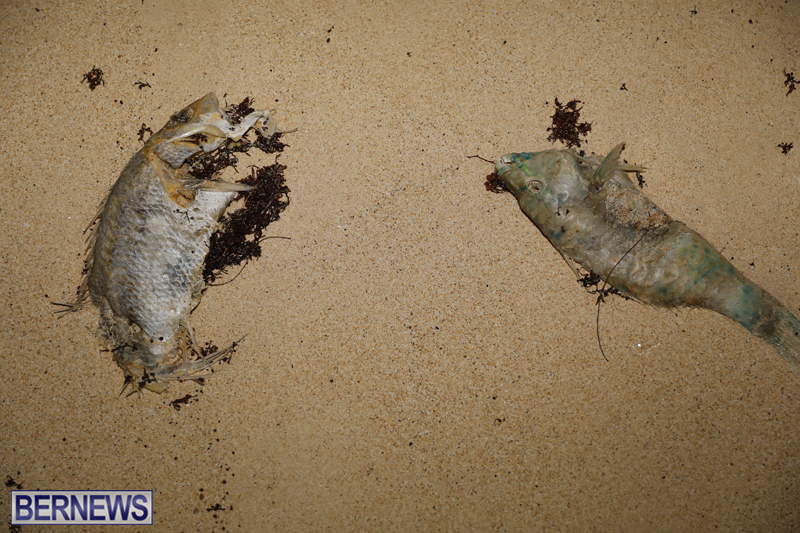
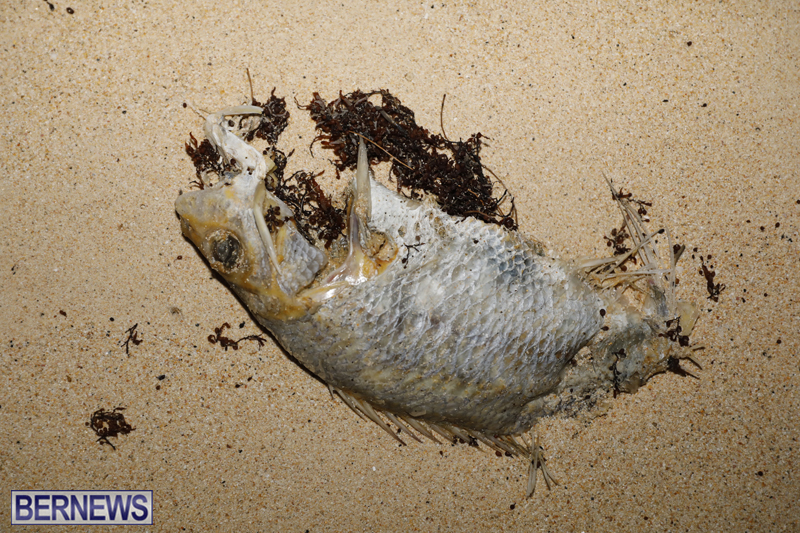
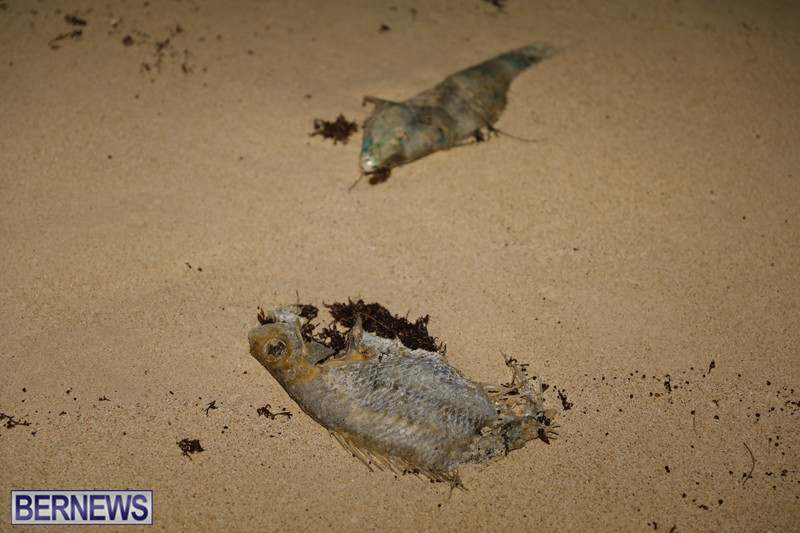
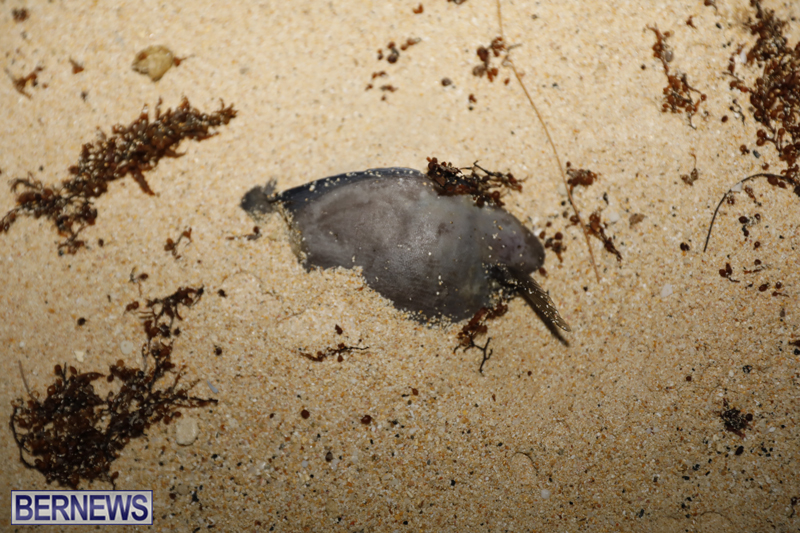
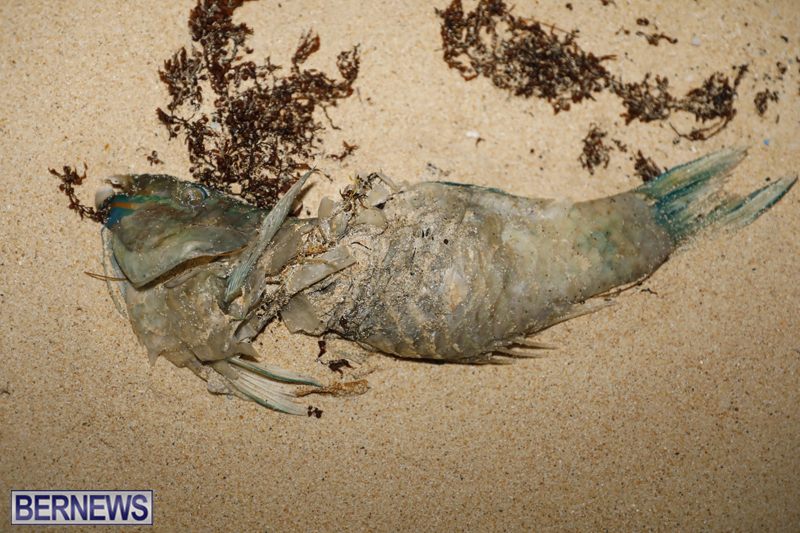
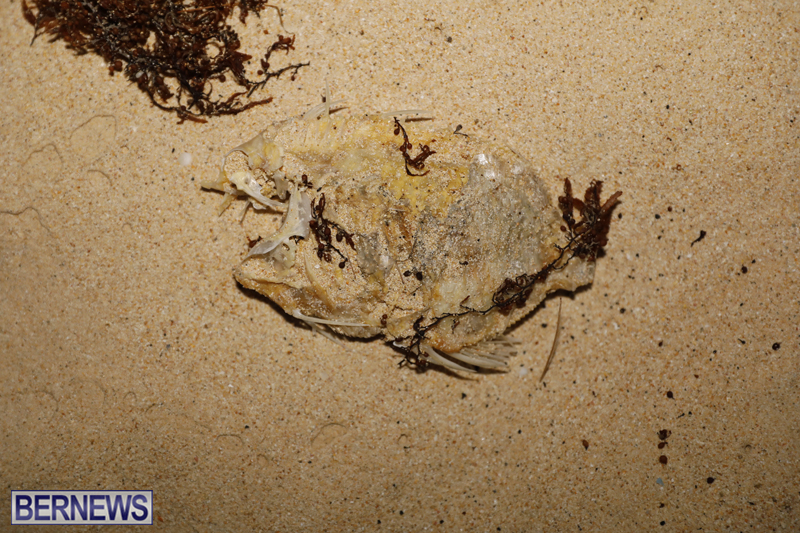
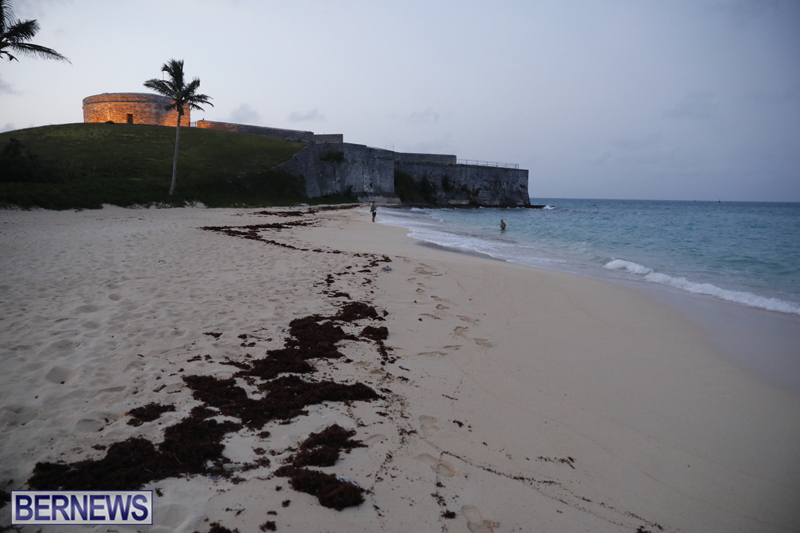
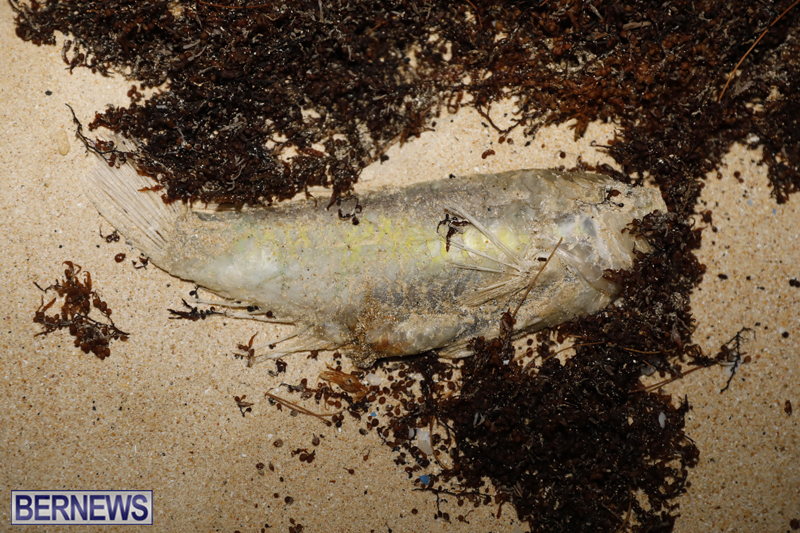
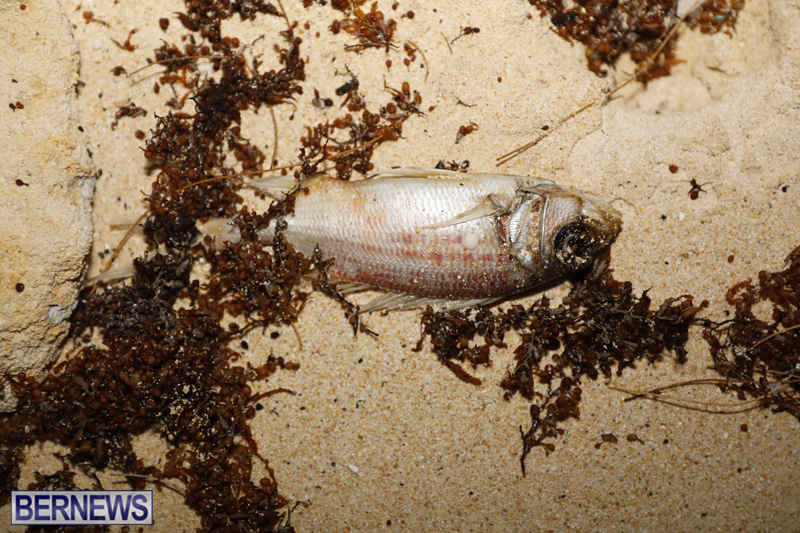
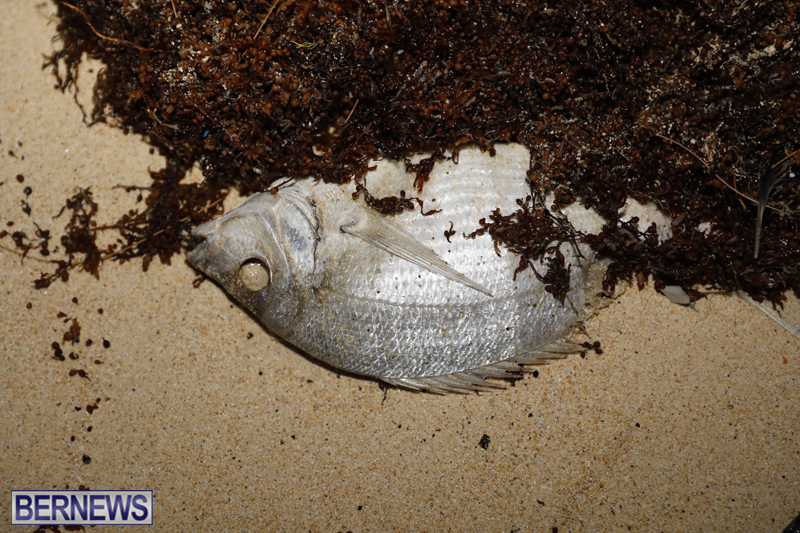
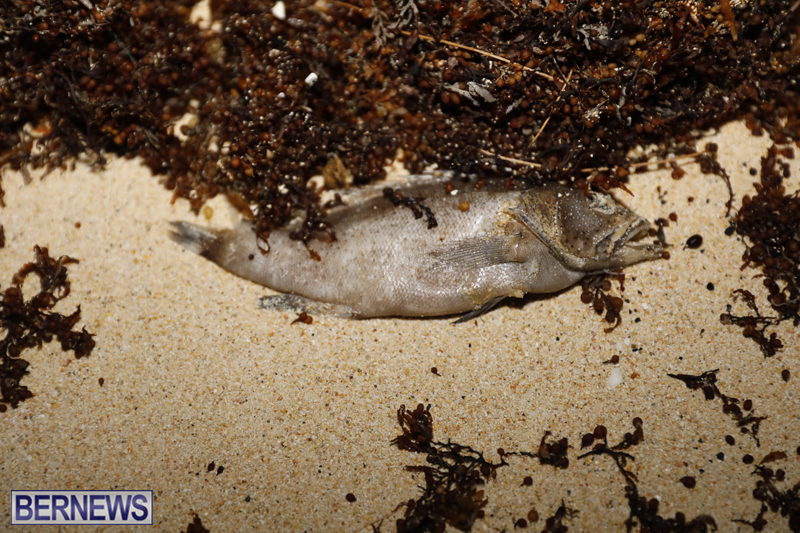
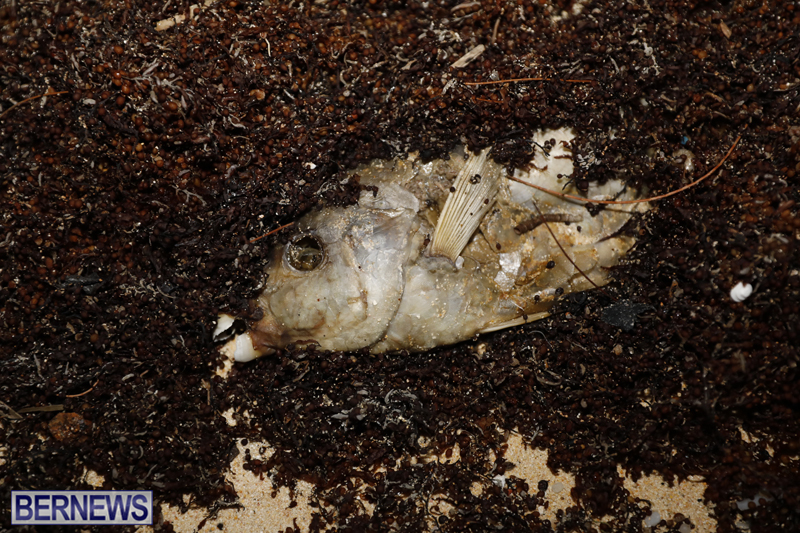
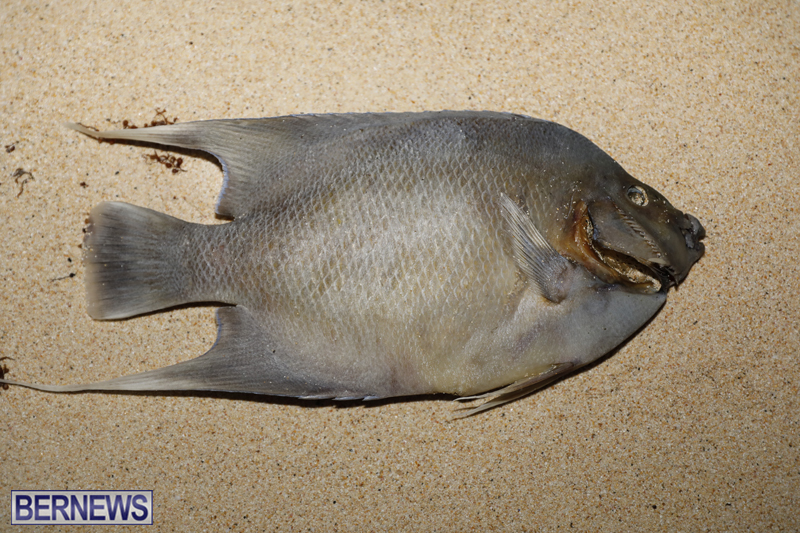
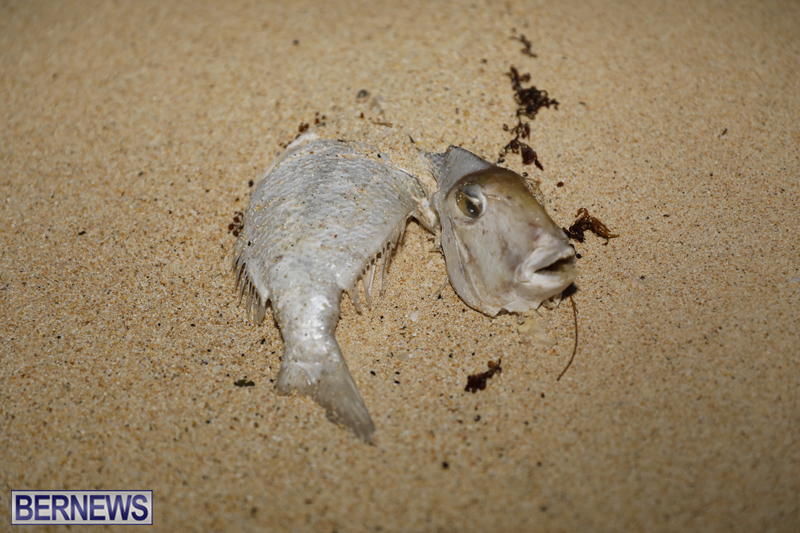
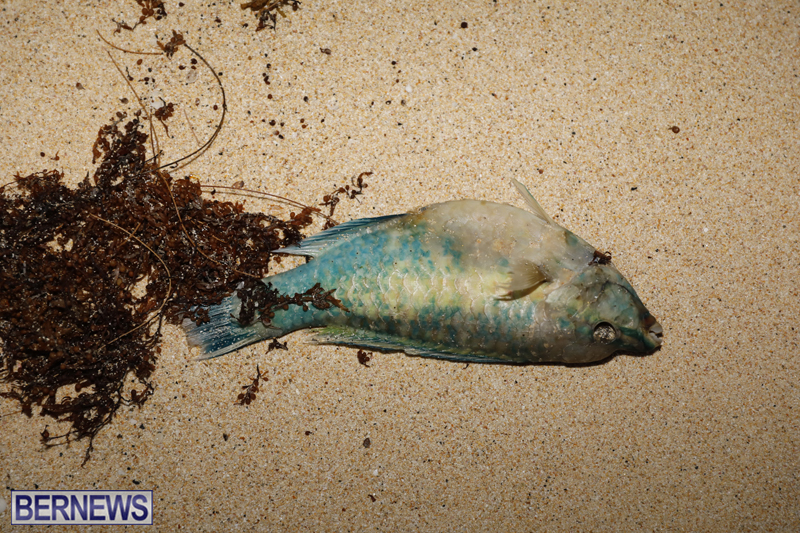
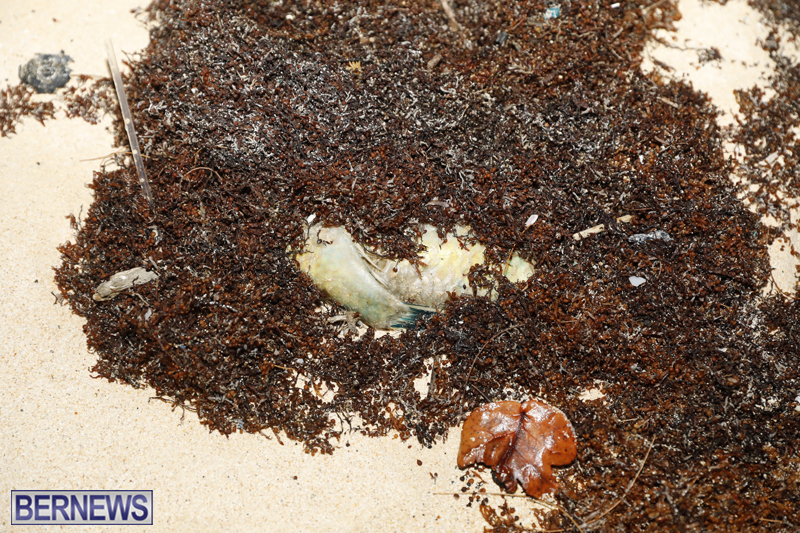
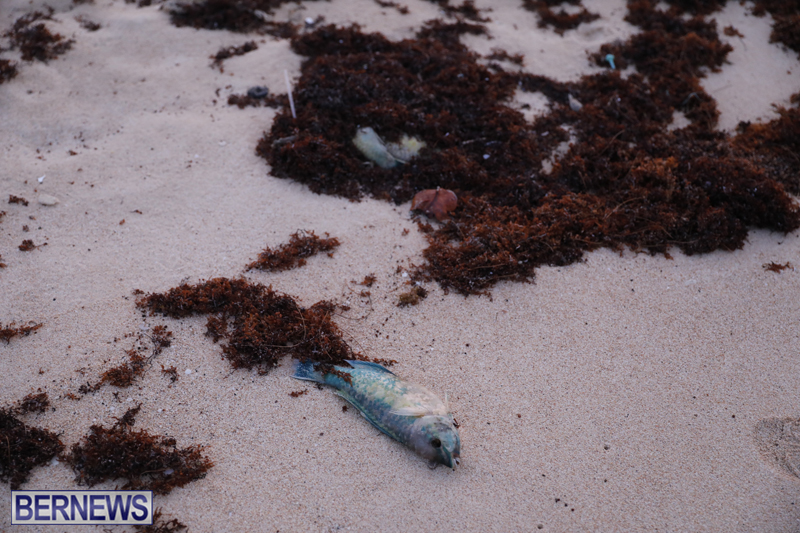
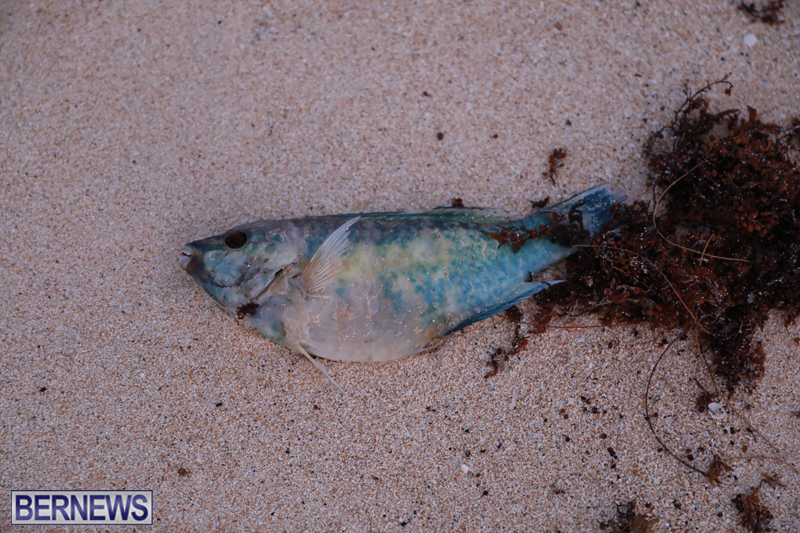
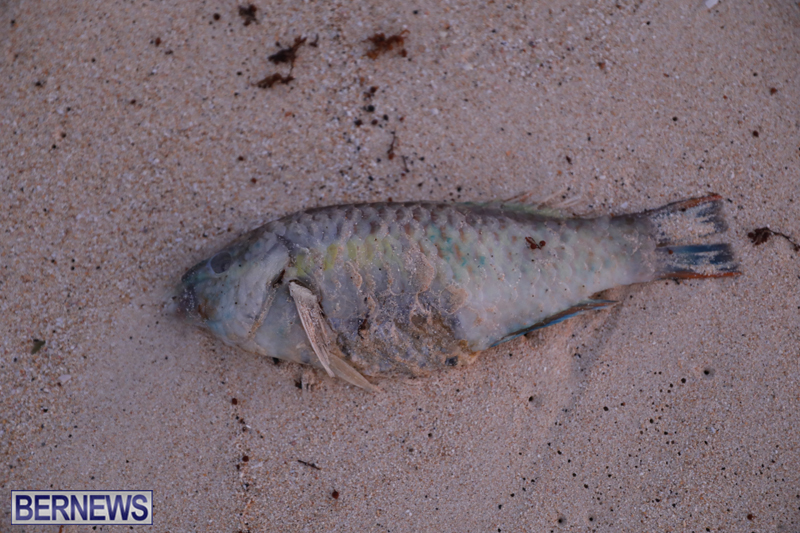
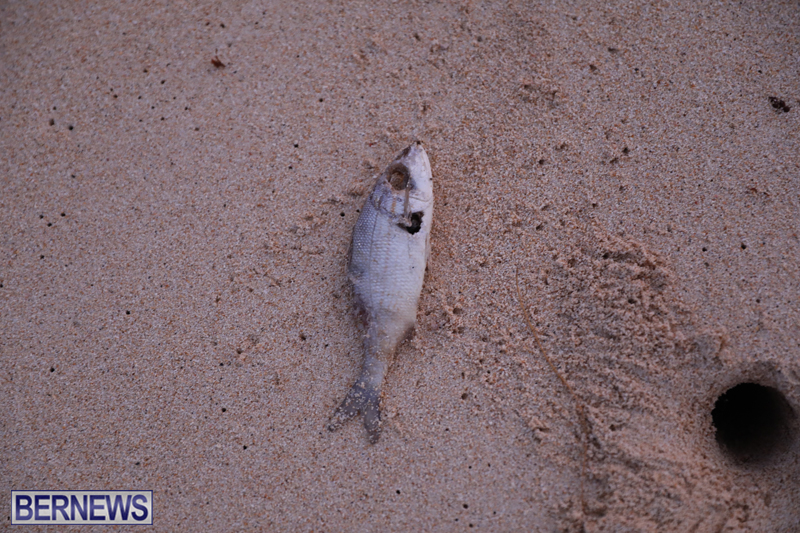
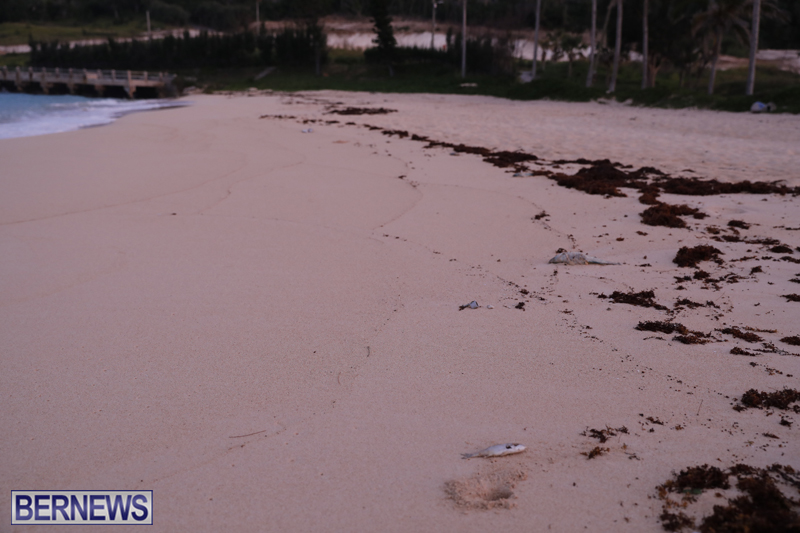
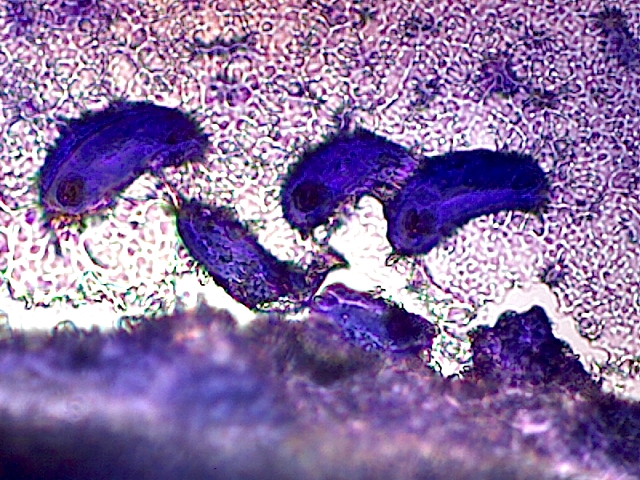


wow Parasite? I did not know we had such things in Bermuda waters. I figured the fish try to tango with a jelly fish and got paralyzed and died because they stayed on the surface unable to submerge.
Seriously?
Interesting determination from DENR…….
Noticed at least a 75 percent reduction of floating/decaying fish yesterday in comparison to previous
days whilst enroute to offshore fishing area to the north of the island…
so, from the last two paragraphs it seems that warmer water has helped cause this parasitic problem. The water is very significantly warmer as well …. how can we deny climate change?
2 months of average water temperature data neither prove nor disprove climate change.
Any bets that Lionfish just happen to be immune to this ?